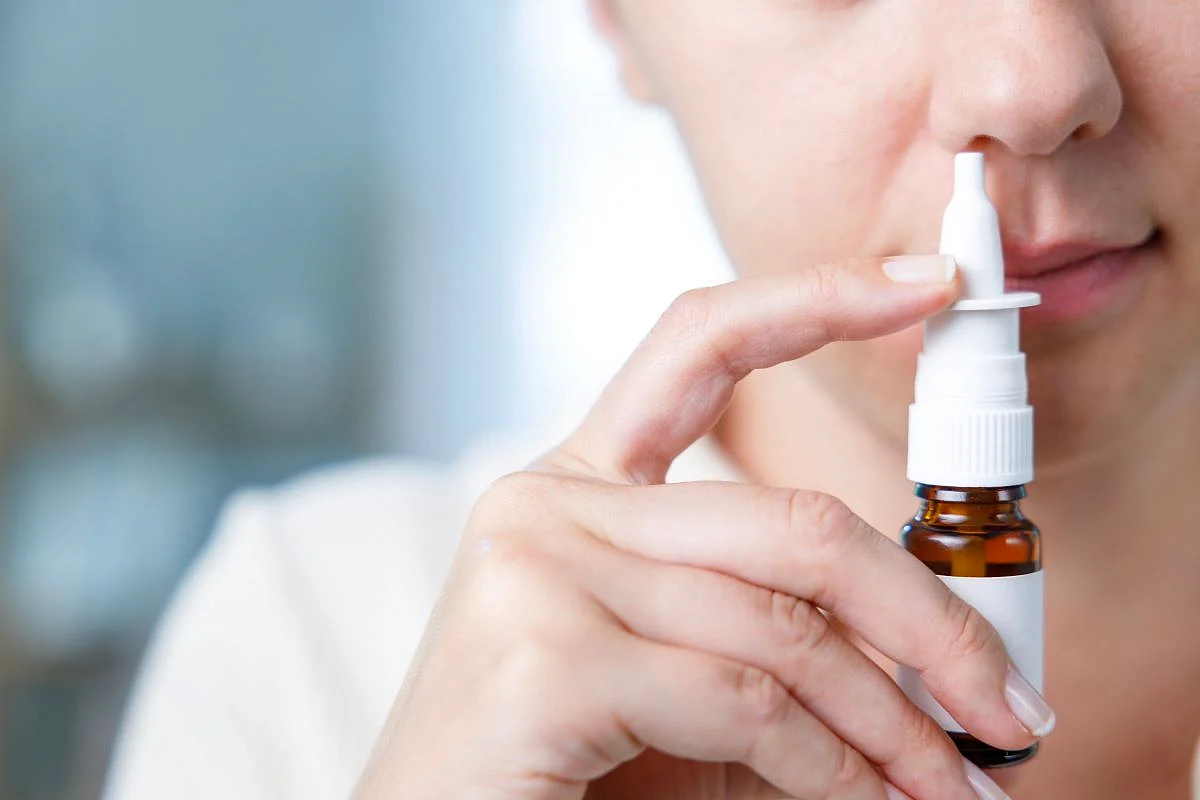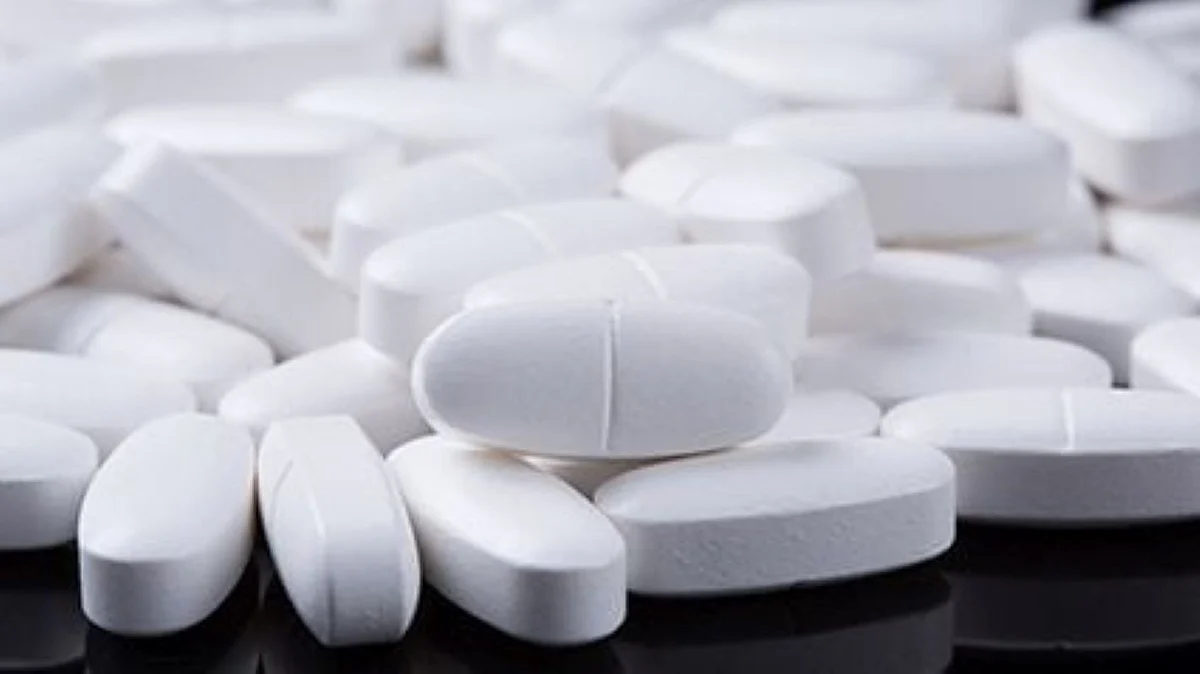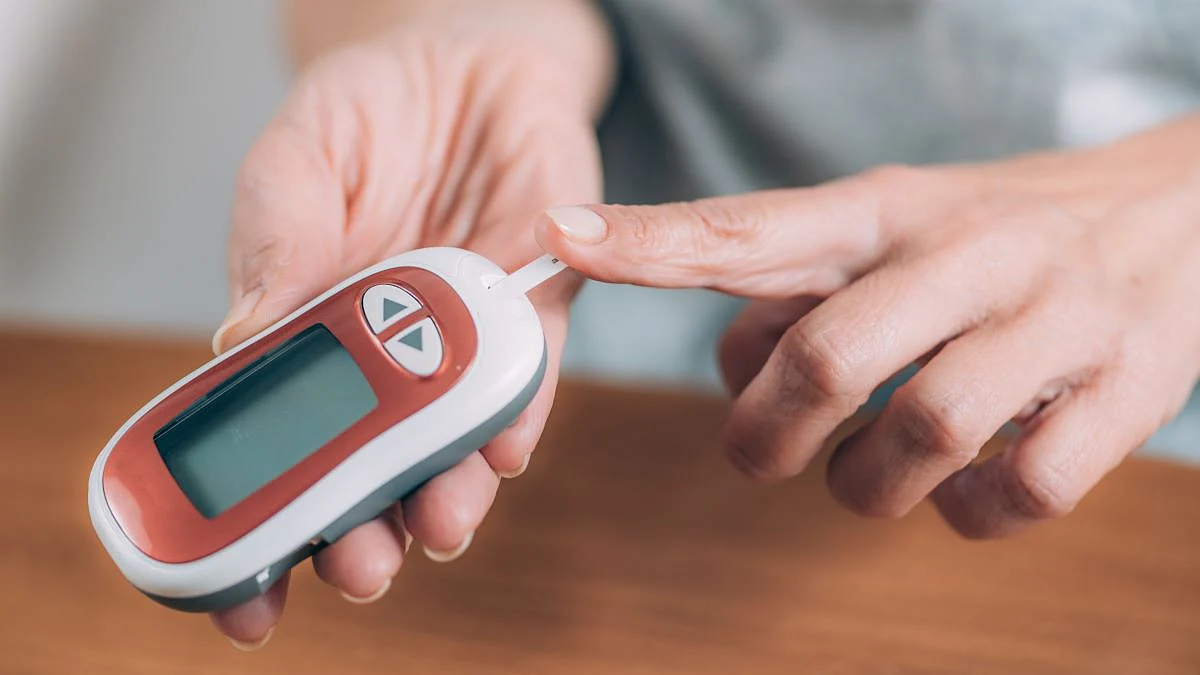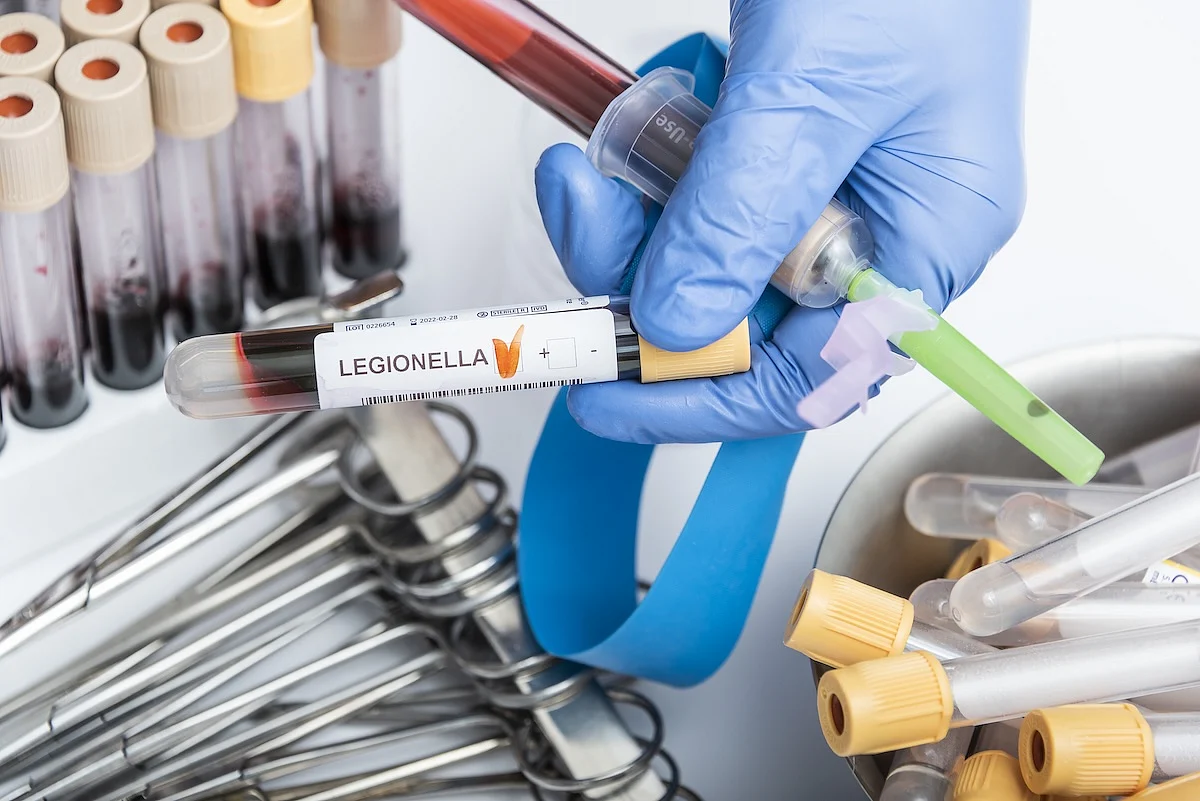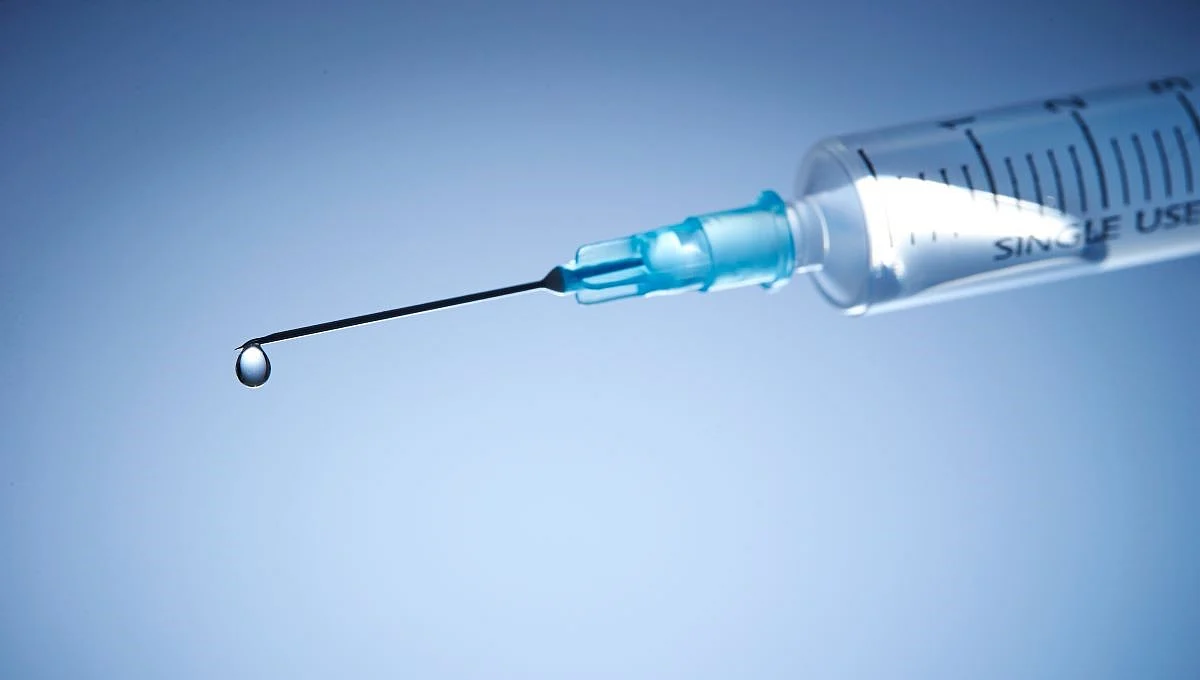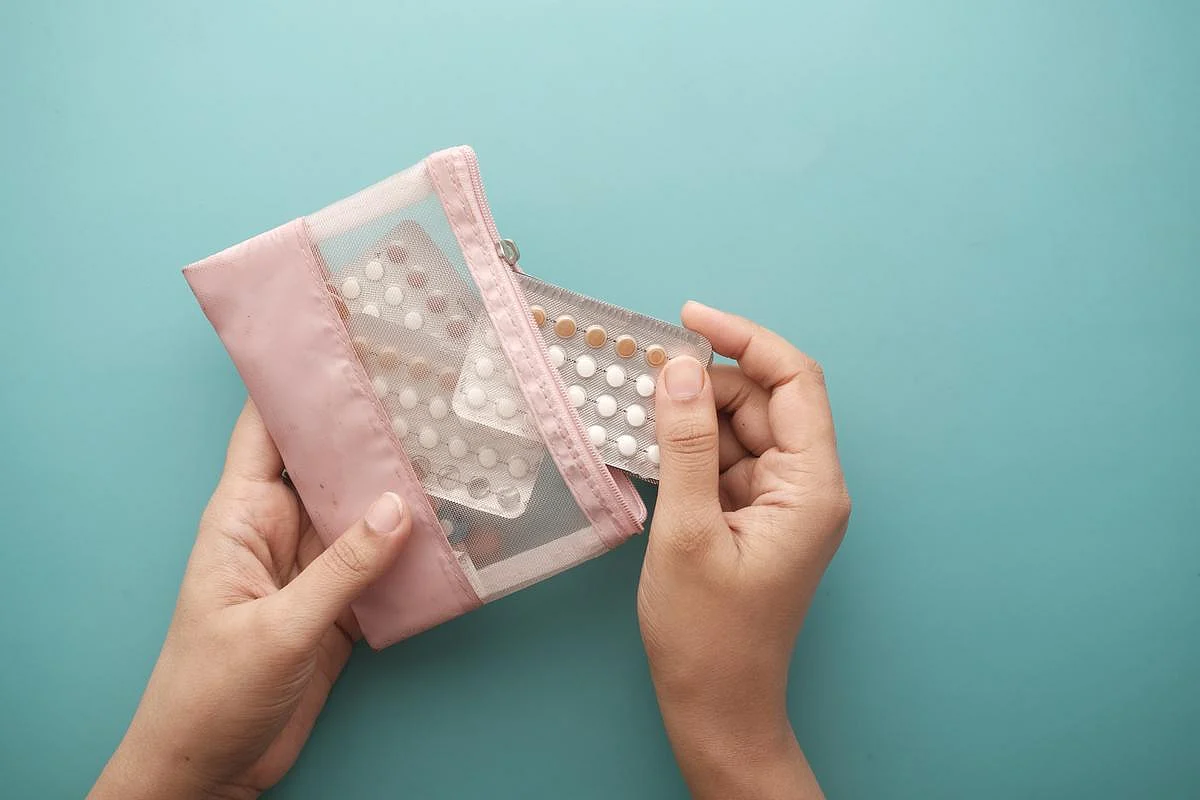
Two years after U.S. approval of the first over-the-counter (OTC) birth control pill, new research shows many people who face barriers to medical care are turning to it. The study, published Monday in JAMA Network Open, included data from 986 people ages 15 to 45 across 44 states. All had obtained the pill — known… read on > read on >










